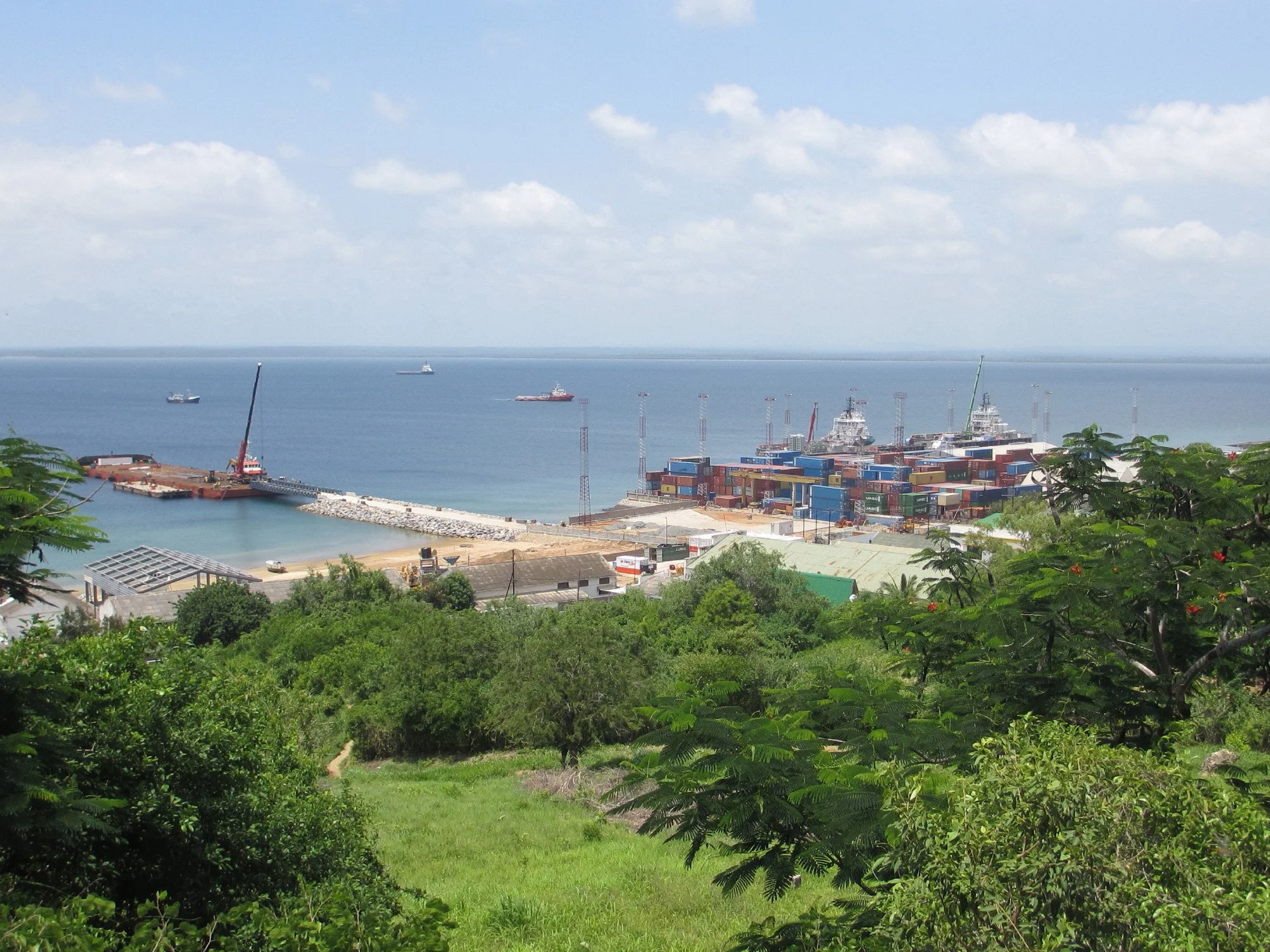Resurgent Violence in Cabo Delgado in Mozambique: A Litmus Test for African Security Governance
By Michele Santolini | 7 November 2025
Summary
Southern African Development Community (SADC) troops’ withdrawal reinvigorates the jihadist insurgency in Mozambique’s Cabo Delgado province and fuels widespread violence.
As a consequence of national instability and economic disruption in the gas-rich region, President Chapo’s position appears weakened, propelling political dialogue with the opposition.
Rwanda consolidates its influence over the country and its role as a key security guarantor, marginalising other actors such as the EU and the SADC.
Context
Between 25 July and 17 August 2025, a wave of attacks by Islamic State Mozambique (ISM) fighters and related groups erupted in the northern Mozambican province of Cabo Delgado, targeting civilian infrastructure, residents, and military checkpoints. The event represents a sharp resurgence in armed activities in the region, as the scale and intensity of the raids mark the most significant escalation since 2022.
It follows the parallel withdrawal of the Southern African Development Community (SADC) peacekeeping mission in Mozambique, whose full completion unfolded amid the first phases of the insurgency, citing financial constraints and tensions with its Rwandan partners. After 2 weeks, the Mozambican Defence Forces (MDF) were able to repel the incursions, operating jointly with the Rwandan military contingent deployed to the region as part of a 2021 bilateral agreement.
Implications
The reinvigorated insurgency signals a severe deterioration in Mozambique’s security environment, demonstrating the inadequacy of the country’s autonomous defence capabilities vis-à-vis growing jihadist activities. At the same time, it entails profound international and domestic repercussions in the field of regional security governance, marking a shift from cooperative and multilateral security management to the primacy of bilateral defence accords. Military developments legitimise Rwanda’s bid to become Mozambique’s sole security provider and bolster its ambitions to affirm itself as a key regional player, or, in the words of Rwandan President Paul Kagame, “to show that Africans can solve African problems”. This strategy echoes Rwanda’s assertive stance towards the neighbouring Democratic Republic of Congo, with a more cooperative approach vis-à-vis Maputo than Kinshasa and a focus on acquiring international legitimacy through security maintenance rather than natural resources.
Despite self-assessments from the European Union Military Assistance Mission in Mozambique (EUMAM) describing their contribution as a “game-changer”, after offering technical support to 11 commandos, its limited scope and the marginalisation of alternative multilateral security frameworks are highly likely to favour instability and offer Rwanda further political leverage. The EU's commitment to the country is likely to be upgraded, given the financial involvement of some of its multinational companies and the scale of the EU-Mozambique partnership. However, it remains highly unlikely to represent a credible counterweight to Rwanda without a major policy shift in external missions.
On 28 August, Kagame visited Maputo and signed a Status of Forces Agreement (SOFA) and a Memorandum of Understanding (MoU) on trade, formalising military commitments and enhancing economic links by widening cooperation on agriculture, industry and services between the two countries. The accords include the recognition and institutionalisation of the Rwandan contingent in Capo Delgado, without setting formal conditions for its termination. Estimates suggest the number of troops stationed was raised from 1,000 to 5,000 per year.
On the domestic level, the situation erodes President Daniel Francisco Chapo’s already precarious political position, after months of crackdown on protests and strikes contesting the legitimacy of the October 2024 general elections. In September, Chapo launched a “national dialogue” initiative, set to run until November 2026, which aims to bridge government, civil society, and opposition representatives to promote reconciliation and address regional governance.
However, economic disruption and heightened social tensions loom over the process, given the exclusion of opposition leader Venâncio Mondlane and the impact of the attacks on strategic infrastructures. The restoration of Capo Delgado’s productive capabilities and the evolution of its security environment appear to be determinant for President Chapo’s political survival, who is highly likely to make further concessions to the opposition in case of prolonged instability.
Ton Rulkes/Wikimedia Commons, CC BY-SA 2.0
Forecast
Short-term (Now - 3 months)
Jihadist insurgents, primarily ISAM, are highly likely to resume and intensify their military activities in the Cabo Delgado Province and further exploit the security vacuum left by the SADC’s mission withdrawal.
Medium-term (3-12 months)
President Chapo’s precarious grip on power remains highly undermined by instability, as shown by his policy U-turn vis-à-vis opposition through the “national dialogue” process, whose results will likely depend on security developments in the north of the country and Rwandan political support.
Long-term (>1 year)
Rwanda is highly likely to continue employing the skirmishes between the ISM and the MDF as a bargaining tool amid negotiations with Mozambique, exerting pressure to consolidate its military presence and enlarge the scope of its influence beyond security necessities.
Regional security governance is likely to continue shifting from multilateral cooperative initiatives to actor-centred competition, diminishing the room for initiative for the EU and other international actors.



